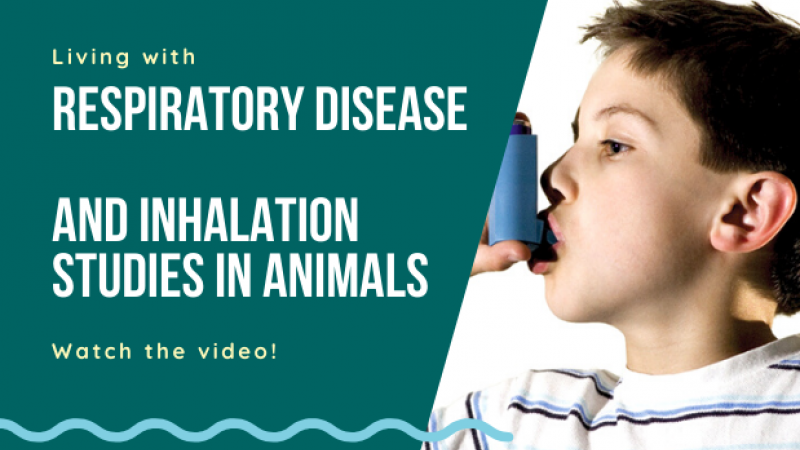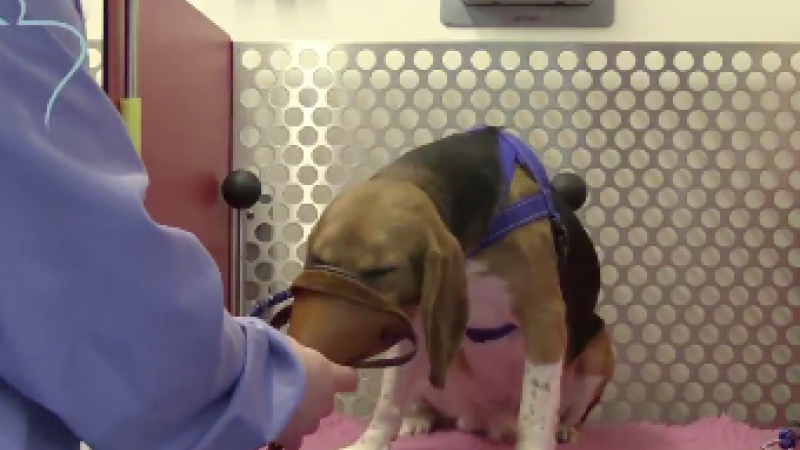 26/11/15
26/11/15
A bubble-based micro-vesicle treatment that could ease the pain of arthritis and cut the need for hip replacements. It uses tiny particles that are naturally made by the body to protect and repair damaged joints.
In experiments on arthritic mice, an injection of the micro-vesicles into the joints reduced cartilage damage. Plus, arthritis was worse in mice that made lower than usual levels of these micro-vesicles. The protein may even repair damage.
http://stm.sciencemag.org/content/7/315/315ra190
100,000 wetland birds are killed every year from poisoning by discarded lead ammunition
This is one of the conclusions of a report published on Thursday by the University of Oxford.
The report also suggests that the consumption of game shot with lead ammunition has a greater impact on human health than previously thought.
Scientists involved in the research say the evidence now supports a ban on the use of lead ammunition in the UK.
The report is a collection of research presented by experts who gathered at the Oxford Symposium on Lead ammunition last year. It includes findings from studies carried out by university academics and by conservation groups including the Wildfowl and Wetlands Trust (WWT) and the RSPB.
See http://oxfordleadsymposium.info/ for details
25/11/15: Cats get Asthma too
One of the reasons we use animals in medical research is because they suffer from many of the same diseases we do. This is beneficial not only to the development of human medicines, but also to the development of veterinary ones. Max the asthmatic cat is a good example how animals (originally guinea pigs) helped develop human medicine (asthma inhalers) which went on to help animals (like Max).
http://www.dailymail.co.uk/news/article-3333343/Max-cat-diagnosed-asthma-use-inhaler.html
New Caledonian humpbacks migrating between their breeding and feeding grounds pull over for days on end in waters around underwater mountains – though no one yet knows why.
Such mountains could be frequented by whales in other oceans, too, meaning that the habitats should be considered for conservation efforts, says a team led by Claire Garrigue and her team at Opération Cétacés in Nouméa, New Caledonia.
https://www.newscientist.com/…/dn28551-whales-make-mysteri…/
24/11/15: Protein that triggers insulin production in pancreatic cells successfully tested in mice
Scientists have discovered that when non-beta cells in the pancreas are exposed to the growth factor protein BMP-7, they begin to produce insulin. When the protein was added to a soup of non insulin producing pancreatic cells and injected into diabetic mice, the cells began to secrete insulin and behave like healthy beta cells. This is excellent news for type 1 diabetics who cannot produce their own insulin and have to inject themselves daily. The next step is to inject the protein directly into the pancreas to stimulate the creation of new beta cells, allied with a small amount of immuno-suppressive drugs to stop the new insulin factories being destroyed by the immune system.
https://www.newscientist.com/article/dn28536-diabetic-pancreas-cells-made-to-produce-insulin-by-bone-protein/
Running prevents postnatal side effects of epilepsy drug in mice
Research shows that prenatal exposure to the commonly used anti-epileptic drug valproic acid can cause lower IQ scores and wide-ranging cognitive deficits in childhood and because the underlying molecular mechanisms is unclear, there is currently no effective treatments for affected children of epileptic mothers who took antiepileptic drugs during pregnancy. Research using mice has revealed that prenatal exposure to VPA inhibits the birth of new neurons in the brains of adult mice and impaired their performance on learning and memory tasks, however these postnatal side effects were largely prevented when the mice were given access to a running wheel at a young age. Whilst further research is needed (the study was conducted on non-epileptic pregnant mice) as it is not clear how exercise improves cognitive performance, addressing these issues will be important for developing appropriate therapies for people with epilepsy as 30% of sufferers are women of a childbearing age.
http://www.alnmag.com/news/2015/11/running-prevents-postnatal-side-effects-epilepsy-drugs-mice
Last edited: 28 July 2022 08:38



